Iran says ‘fully' ready to play active role in promoting security in West Asia
Iran is “fully” ready to play an active role in countering challenges and promoting peace and security in West Asia within the framework of the Shanghai Cooperation Organization (SCO) and the United Nations, its ambassador to the UN says.
Amir Saeid Iravani told the UN Security Council meeting in New York on “Cooperation between the UN and regional and sub-regional organizations” that enhancing collaboration between the UN and regional organizations is “more important than ever.”
“In an increasingly complex global environment, maintaining international peace and security requires coordinated responses at national, regional, and international levels," he said.
“Enhancing collaboration between the United Nations (UN) and regional organizations is more important than ever,” he added.
According to Iravani, regional organizations have unique understandings of local issues, providing realistic insights and preventive mechanisms tailored to specific needs, enabling them to address emerging conflicts effectively and seek peaceful, political solutions.
Iran, he said, “recognizes” and “highly values” the roles of the Collective Security Treaty Organization (CSTO), the SCO, and the Commonwealth of Independent States (CIS) in strengthening peace and stability in the region and supporting constructive cooperation between these organizations with the UN.
“We believe that such cooperation can enhance security and development, which are interlinked and mutually reinforcing. Furthermore, it underscores the importance of multilateralism in addressing global threats and challenges,” he said.
He explained that drug trafficking and other forms of transnational organized crime are “significant concerns for Iran” and offer opportunities for practical interactions between the UN and the SCO.
“The SCO, with its multi-faceted structure, can actively contribute to international efforts by developing its regional capacity and aiding national governments in combating terrorism and extremism,” he added.
Iravani stressed that the SCO supports international efforts in conflict prevention, counter-terrorism, transnational crime prevention, and combating illegal drugs.
“We share this view that strengthening this partnership is essential for effectively combating terrorism, transnational crime, and other traditional and emerging threats, ultimately contributing to global peace and development.”
Last year, the SCO officially approved Iran’s full-fledged membership in the world’s largest regional organization in terms of geographic scope and population. Iran actively participated in the 24th summit of the SCO held in Astana on July 3-4, 2024.
Iravan also said Iran will support close collaboration between the United Nations Office on Drugs and Crime (UNODC) and SCO member states to combat illicit drug trade and organized crime.
Regarding the situation in Afghanistan and the urgency of providing humanitarian aid to the conflict-ridden country, Iravani placed a premium on cooperation between the United Nations and the SCO to enhance stability and development in Iran’s eastern neighbor.
“Given the pressing challenges Afghanistan faces, we believe that enhanced cooperation between the UN and the SCO has significant potential to foster stability and development in Afghanistan,” the Iranian envoy said.
“By collaborating on security, economic development, humanitarian assistance, political support, and regional integration, the UN and the SCO can contribute to a more stable and prosperous Afghanistan,” he added, stressing that joint infrastructure projects can boost Afghanistan’s economic growth.
“The Islamic Republic of Iran stands ready to fully engage in dialogue and cooperation within the SCO and the UN to address pressing challenges and promote peace and security in the region,” he said.
Afghanistan is still reeling from a decades-long US occupation and its hasty withdrawal which resulted in the country’s lightning takeover by the Taliban in August 2021.
No country has yet recognized the Taliban government and its rule over Afghanistan, although they have been in power for nearly three years.
UN estimates show 23.7 million Afghans will need humanitarian assistance in 2024.
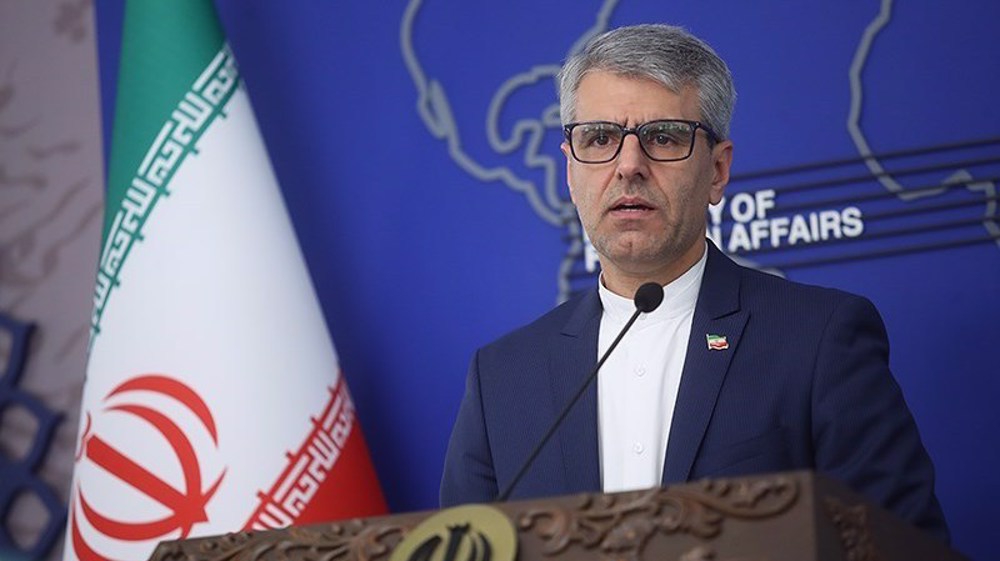
Iran: Zelensky’s humiliation in US ‘wake-up call’ to return to 19th-century bullying era
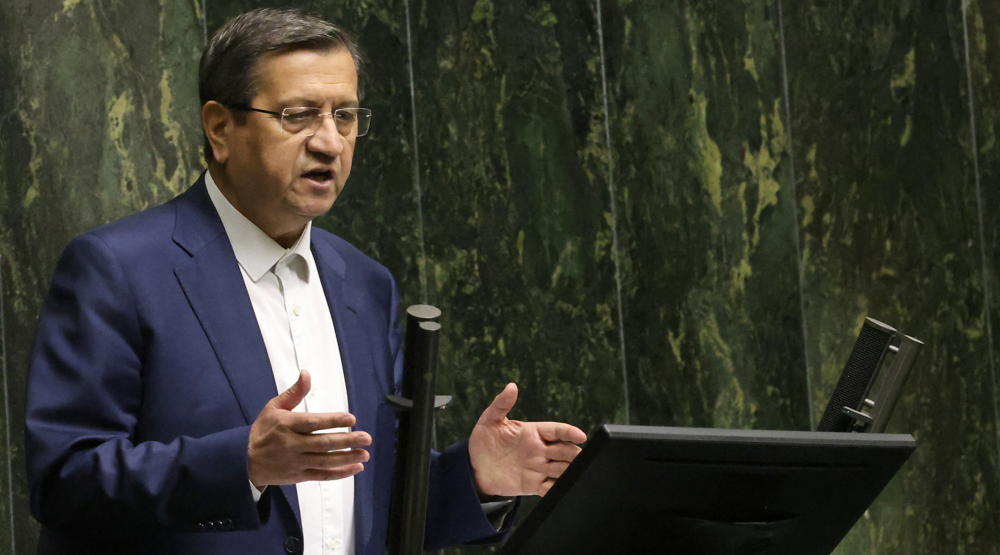
Iran Parliament dismisses economy minister over economic mismanagement
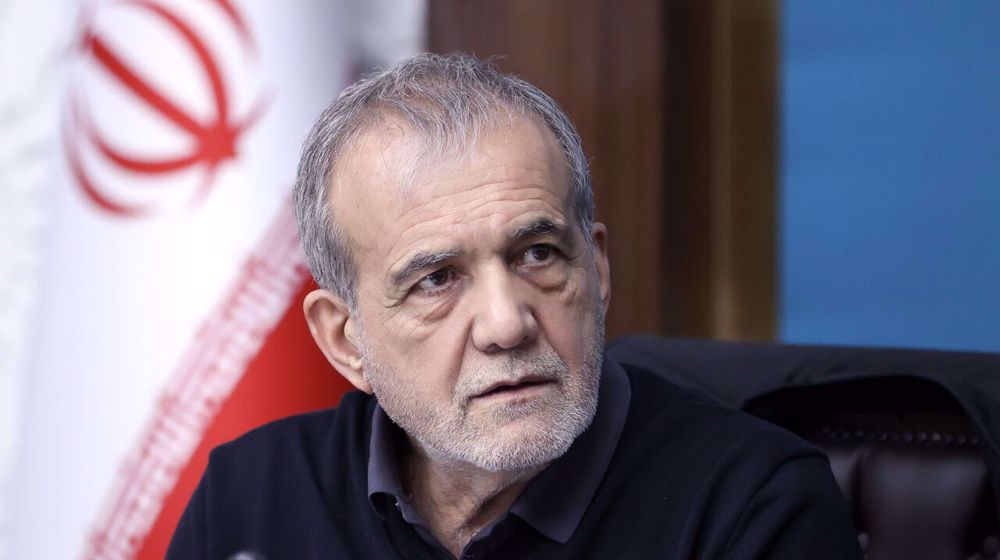
Iran president congratulates Muslim leaders on holy month of Ramadan
Iran asks Turkish officials to avoid making incorrect remarks
OPEC+ to raise output for first time since 2022: Report
VIDEO | Reviving Gaza mosque
Grossi stresses IAEA pursues constructive relations with Iran
Editor of Pulitzer Prize-winning US newspaper fired over cartoon deemed ‘antisemitic’
Hamas: Second phase of Gaza ceasefire ‘sole way’ to free Israeli captives
Iran signs into law its free trade deal with EAEU
One dead, several injured as car rams into shoppers in Mannheim: German police


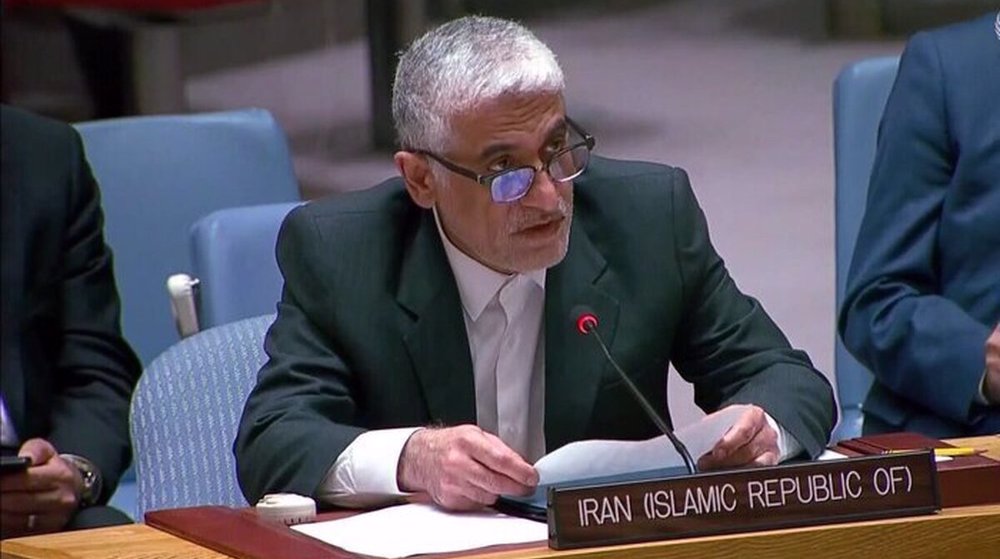
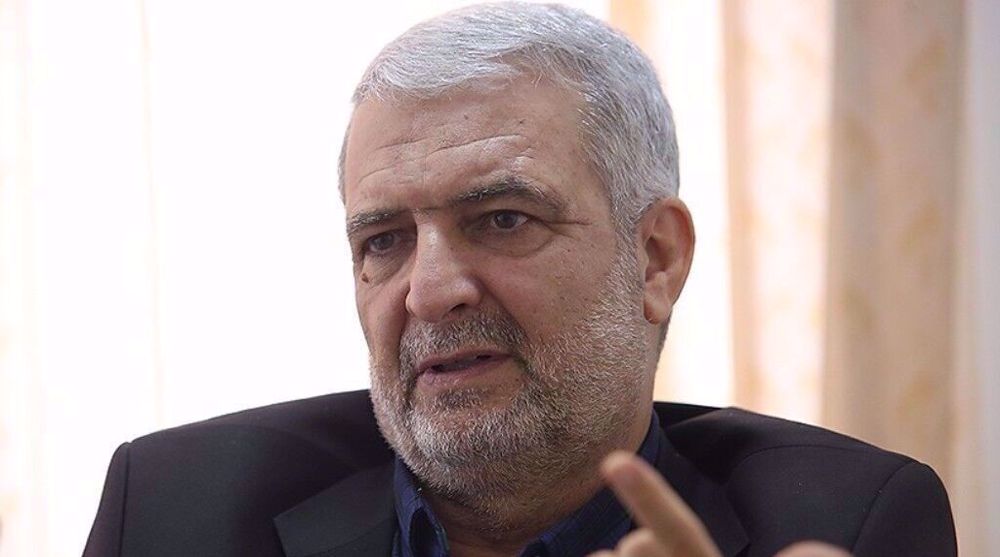




 This makes it easy to access the Press TV website
This makes it easy to access the Press TV website